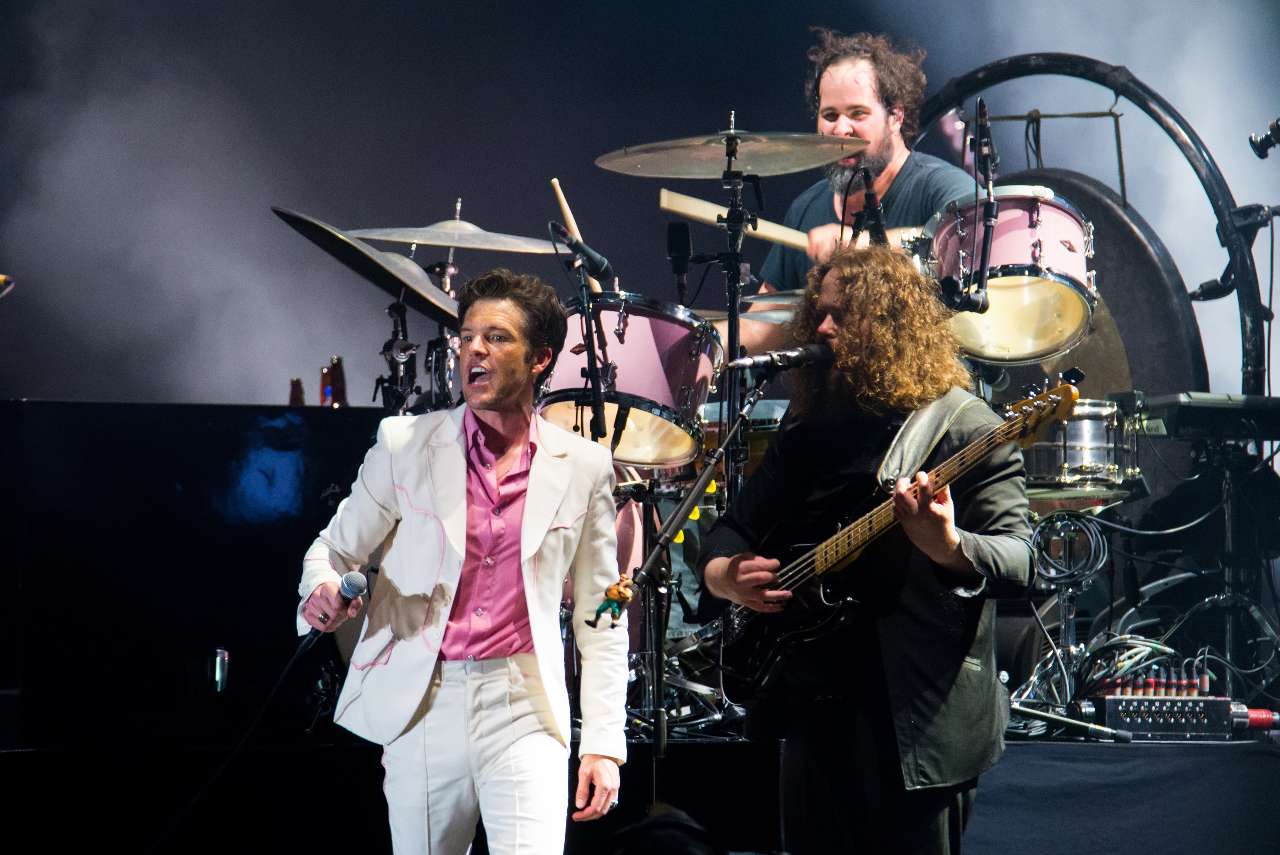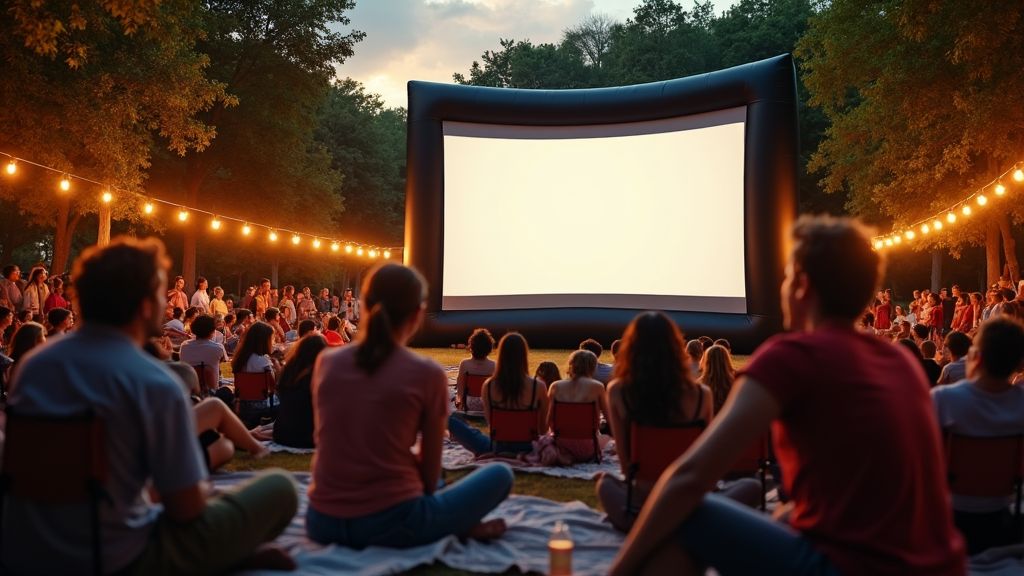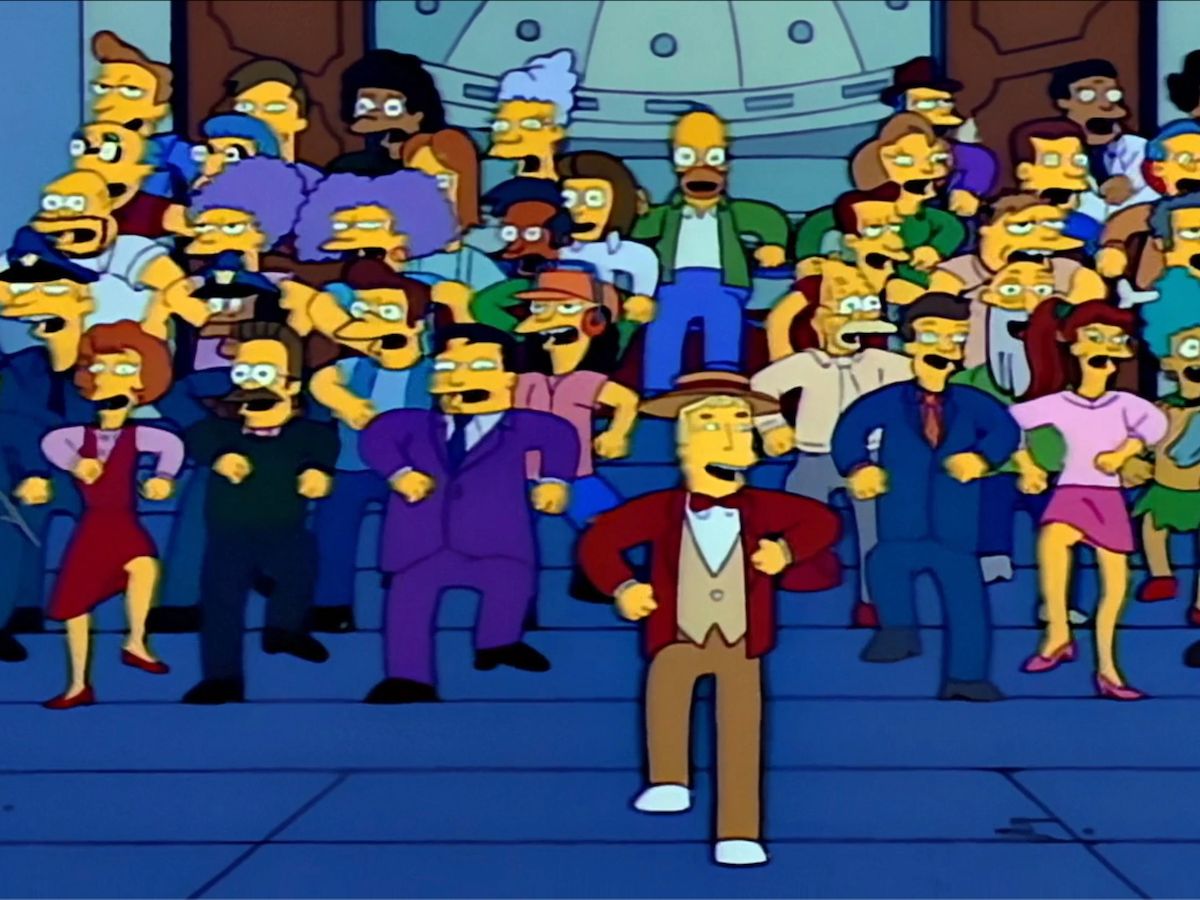The Role of Cinematic Tropes in Genre Filmmaking
Have you ever watched a movie and instantly recognized a familiar plot device or character archetype? That’s because filmmakers often rely on cinematic tropes to convey certain themes, create tension, or evoke specific emotions from the audience. In the world of genre filmmaking, these tropes play a crucial role in shaping the narrative and enhancing the viewing experience. Let’s delve deeper into the fascinating realm of cinematic tropes and explore their significance in genre films.
Understanding Cinematic Tropes
Cinematic tropes can be defined as recurring themes, motifs, or conventions that are commonly used in filmmaking to represent familiar ideas or situations. These tropes serve as storytelling shortcuts that allow filmmakers to communicate complex concepts in a concise and impactful manner. From the classic ‘hero’s journey’ narrative structure to the ‘damsel in distress’ trope, cinematic tropes have become ingrained in popular culture and are instantly recognizable to audiences worldwide.
The Evolution of Cinematic Tropes
Over the years, cinematic tropes have evolved and adapted to reflect changing societal norms, technological advancements, and artistic trends. What once may have been considered clichéd or overused can be reimagined in a fresh and innovative way to subvert expectations and engage viewers in new ways. Filmmakers continually experiment with established tropes to push the boundaries of storytelling and deliver original interpretations of familiar themes.
Examples of Cinematic Tropes in Genre Filmmaking
In the horror genre, the ‘final girl’ trope has become a staple element of slasher films, featuring a lone female survivor who outwits the killer in a thrilling climax. Similarly, science fiction films often explore the ‘man vs. machine’ trope, examining the ethical implications of artificial intelligence and technological advancements. By incorporating these tropes into their narratives, filmmakers can elicit specific reactions from audiences and create a sense of familiarity within the genre.
The Impact of Cinematic Tropes on Audience Perception
Cinematic tropes play a crucial role in shaping audience expectations and influencing their interpretation of a film. By utilizing familiar tropes, filmmakers can establish a connection with viewers, who may enjoy the comfort of recognizing familiar patterns or archetypes. However, the overuse of certain tropes can also lead to predictability and audience fatigue, challenging filmmakers to strike a balance between tradition and innovation in genre filmmaking.




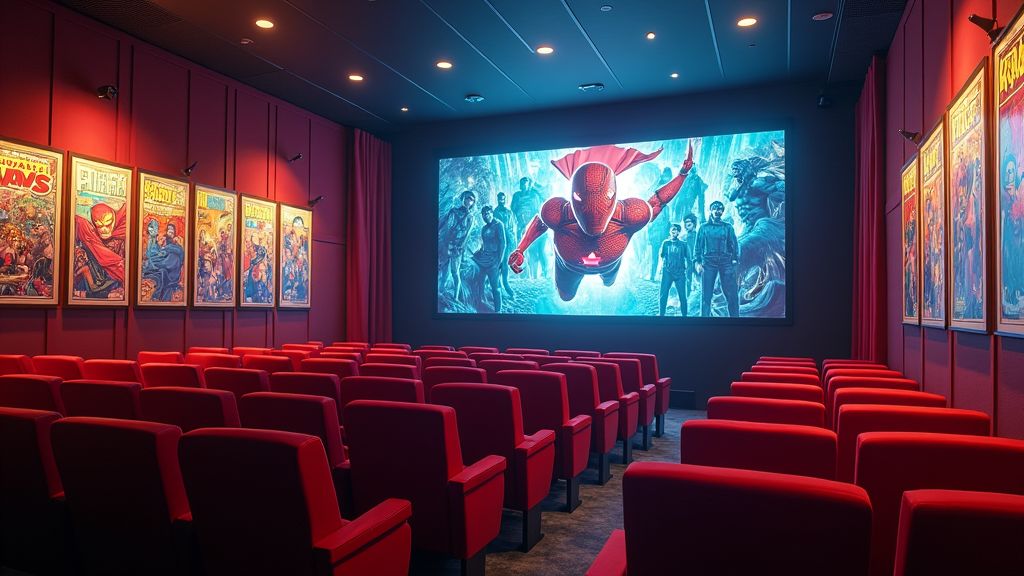


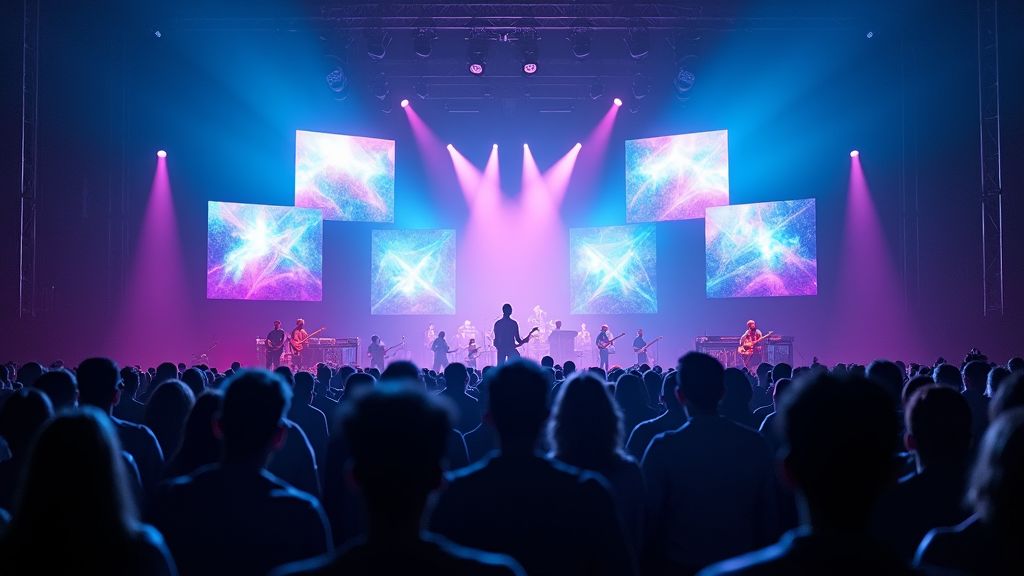

![This weekend is full of entertainment options – enjoy some comedy, listen to music, catch a show at the theater, or attend a fall festival! [Events Roundup]](https://wh-img.instaimgs.com/wp-content/uploads/2023/10/13130027/featured-image__1a70438108.jpg)

